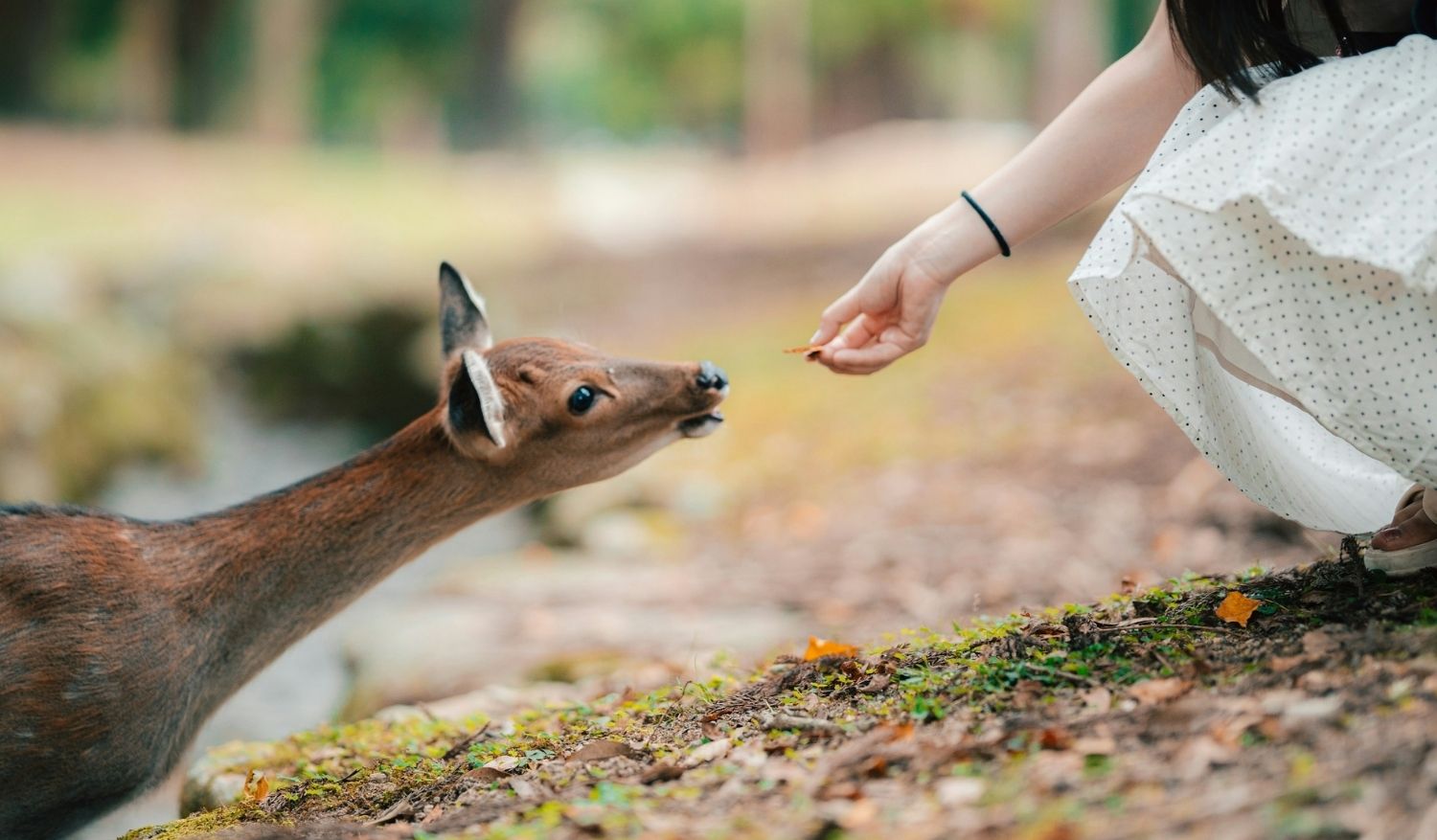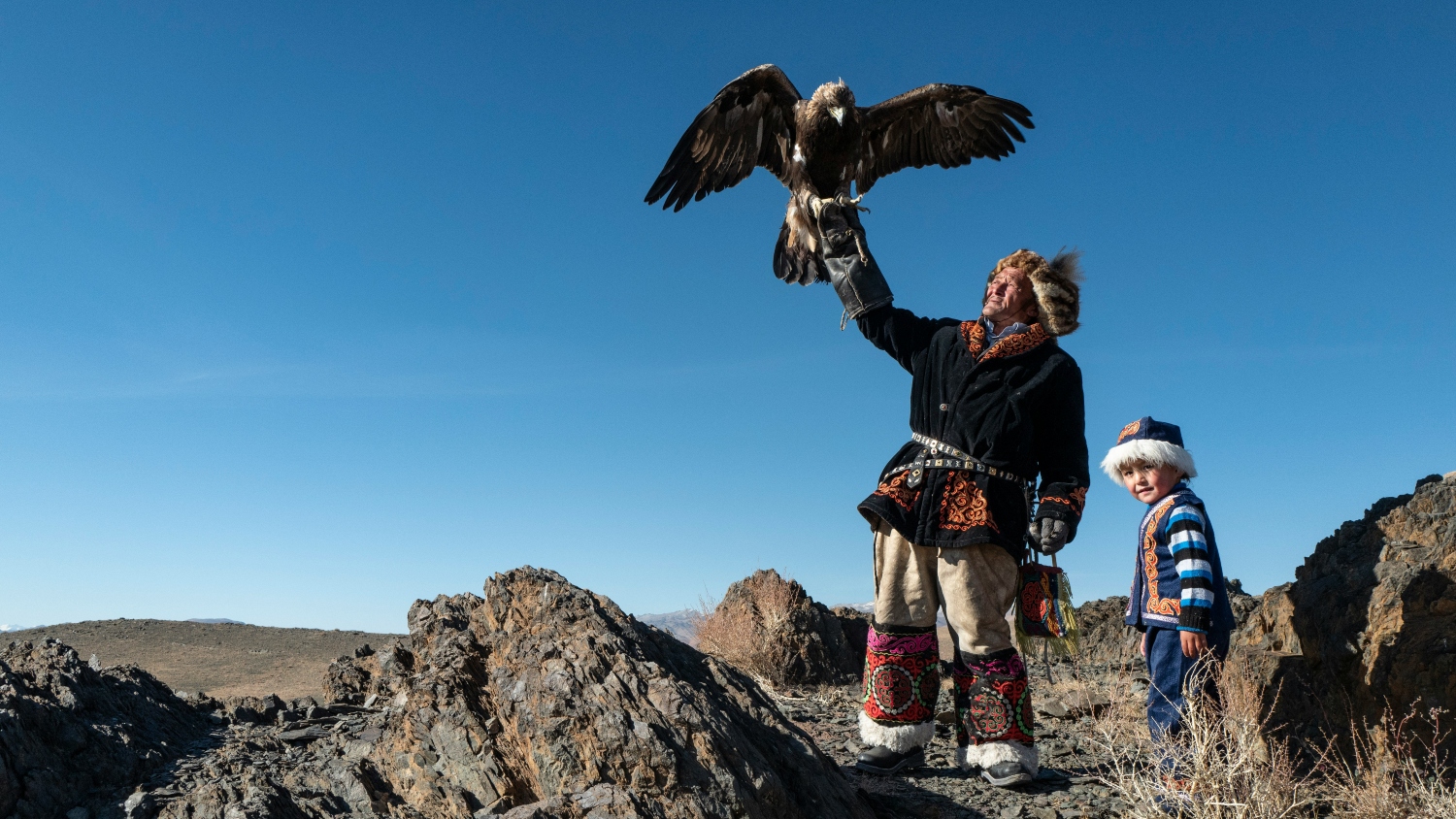Wellness tourism is an evolving world where the spa is no longer the main attraction. While eucalyptus oils and yoga retreats still have their place, today’s travellers are seeking deeper, more immersive ways to reconnect – with nature, with themselves, and surprisingly, with animals.
Welcome to the world of animal-assisted travel experiences – where healing happens not in therapy rooms, but along forest paths, across open pastures, and in the quiet companionship of horses, llamas, deers, and more. From elephant mindfulness retreats in Thailand to goat yoga in the English countryside, these wildlife wellness encounters are quietly reshaping the landscape of self-care travel.
More than a trend, animal-assisted healing is backed by growing research in psychology and animal behaviour. Indigenous cultures have long recognised the role of animals in human emotional regulation, and science is catching up: animals can help co-regulate the nervous system, ease anxiety, and support trauma recovery.
For travellers, this translates into wellness holidays that are not only scenic, but also emotionally resonant – and often unforgettable.
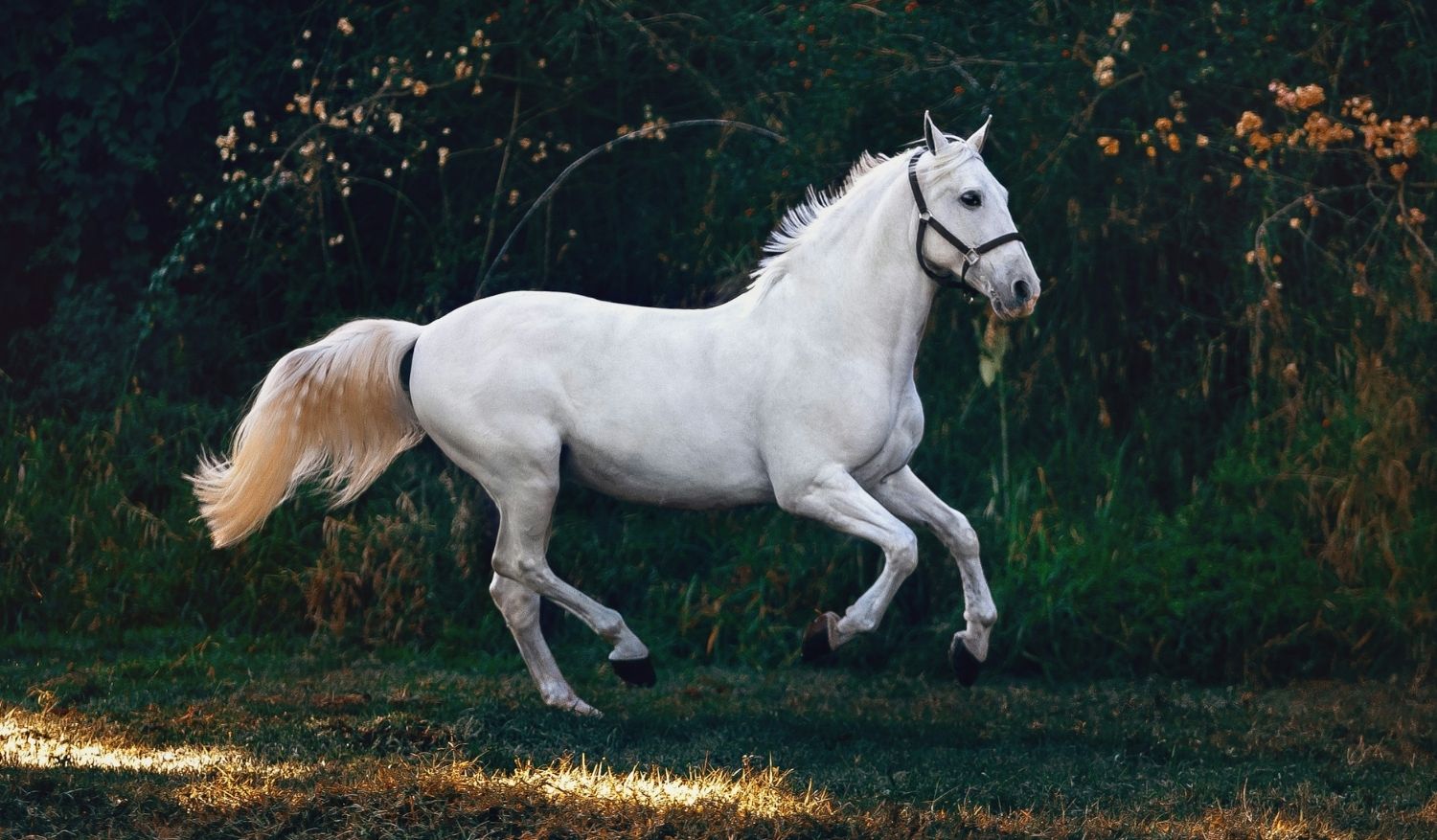
Horseback Healing in France and Iceland
In southern France, Le Domaine de Murtoli offers equine-assisted therapy amid Corsica’s rugged beauty. Guests journey on horseback through pine forests and along coastal dunes, learning to build trust with their horses and with themselves.
Meanwhile in Iceland, the famously calm Icelandic horse guides visitors across volcanic plains and glacier-fed valleys. Their gentle temperament and rhythmic gait create a meditative pace, ideal for those recovering from burnout or navigating emotional stress.
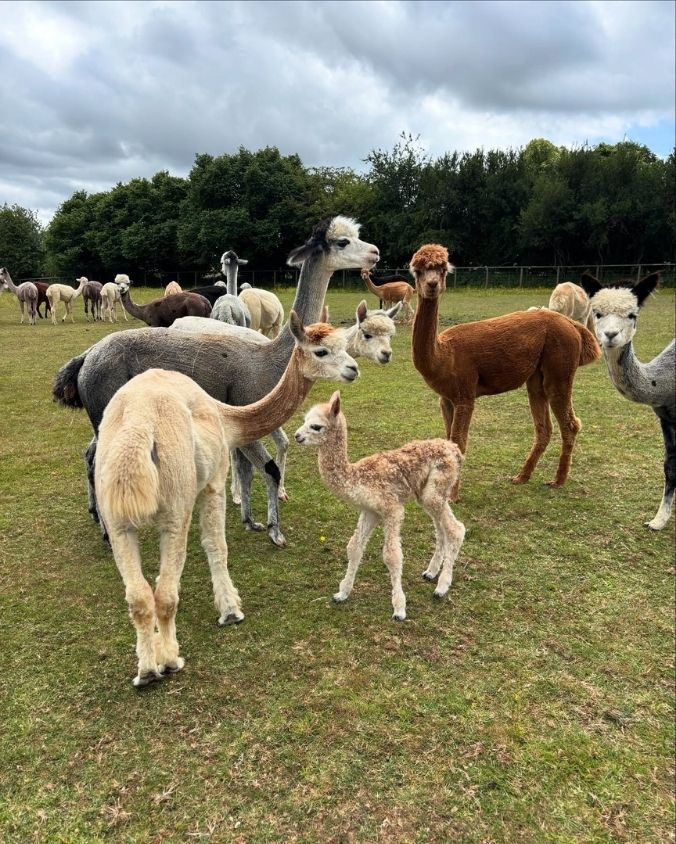
Llamas and Goats in the UK Countryside
Closer to home, the UK countryside has embraced animal-led retreats as a form of mindful escape. In the Cotswolds, Cotswold Llama Walks invites guests to stroll alongside curious llamas, whose calm demeanour and inquisitive nature set a naturally mindful rhythm.
Over in Somerset, farm retreats blend whimsy with wellbeing: goat yoga and barnyard meditation sessions allow guests to reconnect with the land (and their inner child) through gentle humour and rural simplicity. These low-key experiences reflect a growing trend in wellness travel – the search for authenticity, connection, and joy.
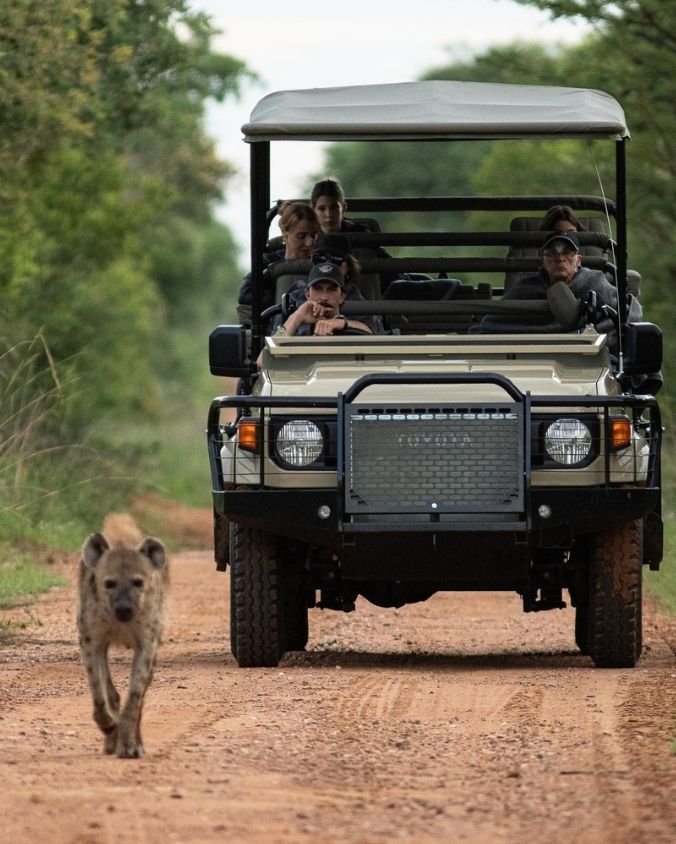
Ethical Wildlife Encounters Around the World
Ethics are central to animal-assisted travel. Modern wellness retreats are increasingly designed with animal welfare and sustainability in mind, putting education and empathy above entertainment.
At Jabulani Safari in South Africa, guests can observe elephants respectfully from a distance, guided by conservationists who explain the animals’ social structures and behaviours. There’s no riding or feeding – just presence, observation, and awe.
In Japan’s sacred Nara Park, early morning deer walks allow visitors to silently follow the native Sika deer, considered spiritual messengers. The focus is on quiet reverence, not spectacle – encouraging travellers to simply be in the moment.
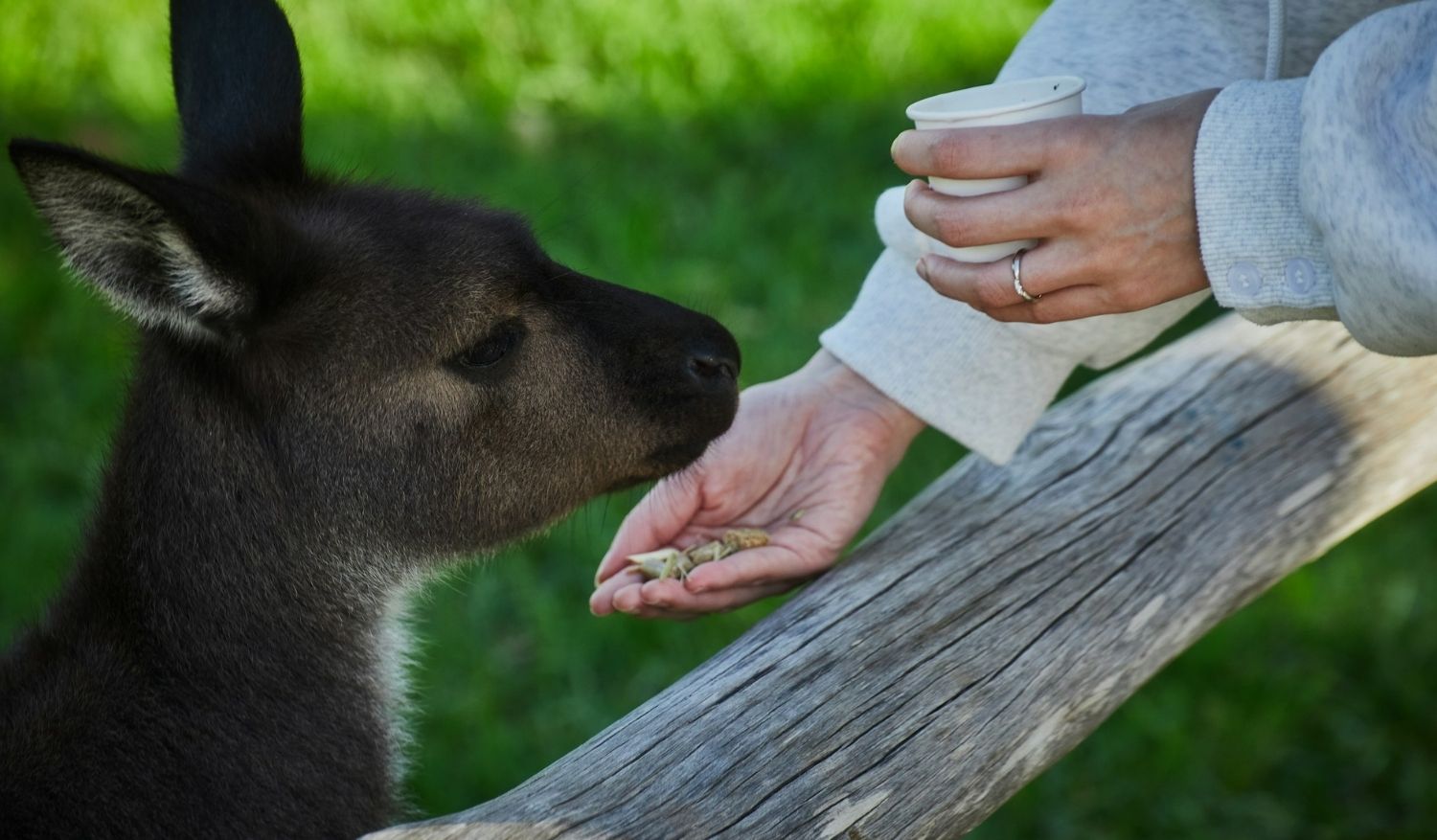
Why It Works: The Science of Animal-Assisted Wellness
Animal encounters aren’t just feel-good – they’re backed by science. A 2023 study in Frontiers in Psychology found that short-term interactions with animals – even walking or observing them – can significantly reduce cortisol (the stress hormone) and increase oxytocin, the hormone linked to bonding and relaxation.
For wellness tourism operators, these findings are inspiring new types of travel offerings. In Costa Rica, rainforest retreats now include silent birdwatching as part of their daily programming. In New Zealand, eco-lodges pair landscape immersion with sheep-herding workshops, offering laughter, teamwork, and a reconnection to nature.
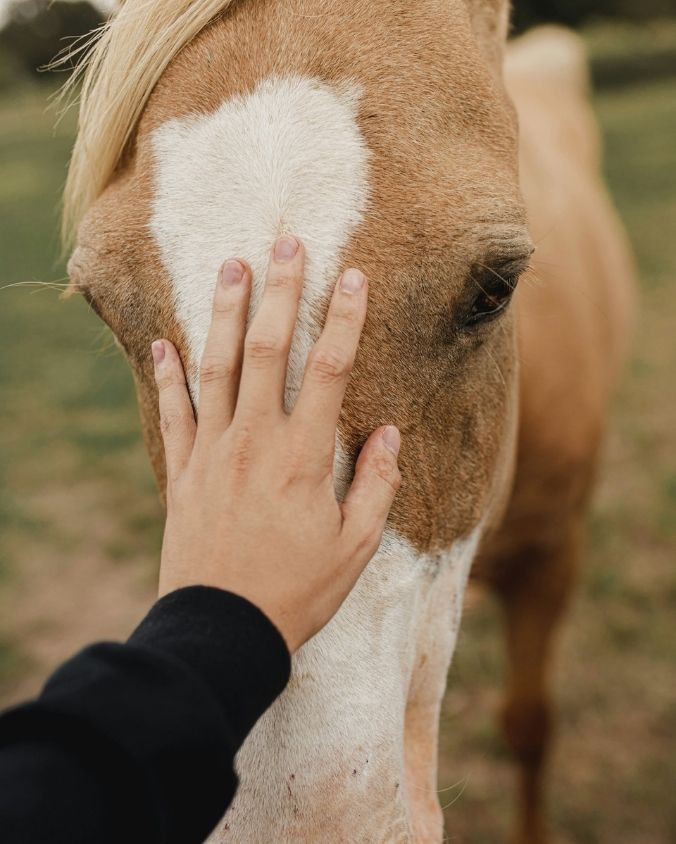
The Future of Wildlife Wellness Travel
As conscious travel continues to rise, wildlife wellness experiences are poised to become a staple in global tourism. They blur the lines between mental wellbeing, nature immersion, and ethical exploration, offering travellers something many wellness packages can’t: a return to the natural rhythms of life.
Whether it’s walking alongside a llama in the English hills or sitting in stillness while a herd of elephants grazes nearby, these experiences offer profound connection without words.
And sometimes, the best travel therapy comes on four legs, with a gentle gaze and a steady step.
For more nature-inspired healing, find them here.


